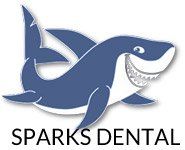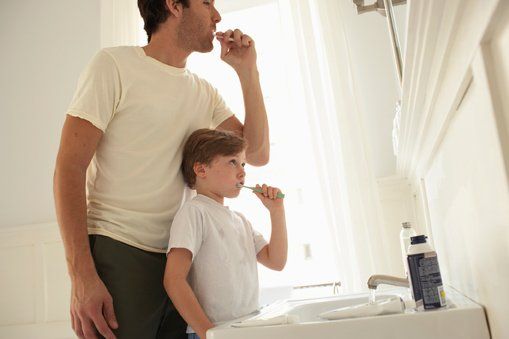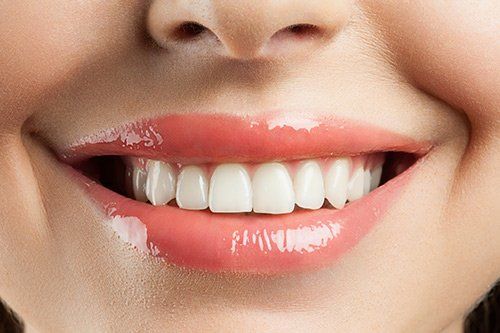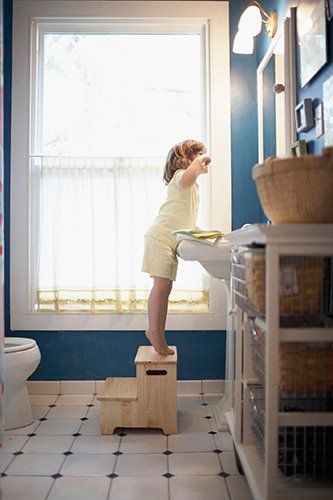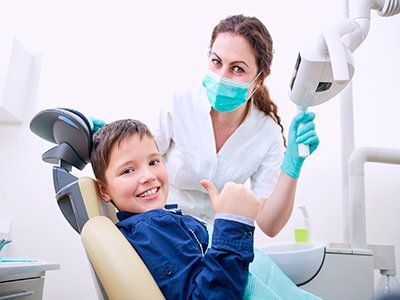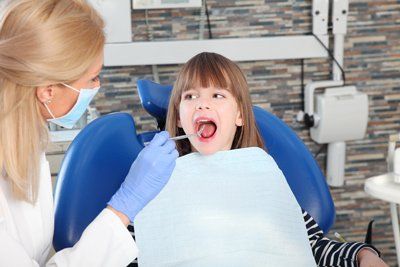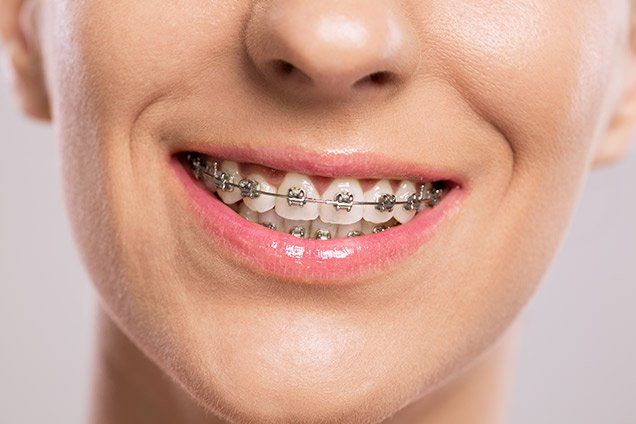How Dentistry Can Help People With Sleep Apnea
- By Admin
- •
- 10 Oct, 2017

Do you wake up in the morning still feeling tired? Does your partner complain that you snore too loudly? Have you ever woken up in the middle of the night, gasping for air? These are all signs that you might be suffering from sleep apnea.
Sleep apnea is a condition that causes people to actually stop breathing for 10 seconds or more, while they sleep. Some people stop breathing for as long as two minutes. The most common type of sleep apnea is obstructive sleep apnea, and you may be surprised to learn that dentistry has a large role to play in helping people with sleep apnea breathe easier at night.
Sleep apnea is a condition that causes people to actually stop breathing for 10 seconds or more, while they sleep. Some people stop breathing for as long as two minutes. The most common type of sleep apnea is obstructive sleep apnea, and you may be surprised to learn that dentistry has a large role to play in helping people with sleep apnea breathe easier at night.
Get a Diagnosis from the Dentist
Not everyone who suffers from sleep apnea has obvious symptoms of the condition. Many people don't know that they have a sleep problem until a partner or roommate mentions it, and people who live alone may completely miss any signs. In cases like these, or in cases where the patient suspects they have sleep apnea, it may be the dentist who confirms the possibility and recommends a sleep study.
There are many reasons why dentists are often the first medical professionals to recognize the signs of sleep apnea. One reason is that sleep apnea can have observable effects on your dental health. Nighttime tooth grinding, also known as bruxism, commonly occurs in people that have sleep apnea.
Your dentist will know the signs of bruxism - worn down teeth, jaw pain, morning headaches - and that can make them think you might have a sleep problem.
More generally, your dentist may simply see you more often than your doctor, and sometimes this is the reason your dentist is the first to notice any health problem. If you're otherwise healthy, you may only see a doctor once a year. But you should see your dentist twice a year, even if you don't have any tooth problems that you know of.
Your dentist may be the first medical professional to hear that you have trouble sleeping at night or that you're struggling with snoring and be able to put two and two together just from conversation.
There are many reasons why dentists are often the first medical professionals to recognize the signs of sleep apnea. One reason is that sleep apnea can have observable effects on your dental health. Nighttime tooth grinding, also known as bruxism, commonly occurs in people that have sleep apnea.
Your dentist will know the signs of bruxism - worn down teeth, jaw pain, morning headaches - and that can make them think you might have a sleep problem.
More generally, your dentist may simply see you more often than your doctor, and sometimes this is the reason your dentist is the first to notice any health problem. If you're otherwise healthy, you may only see a doctor once a year. But you should see your dentist twice a year, even if you don't have any tooth problems that you know of.
Your dentist may be the first medical professional to hear that you have trouble sleeping at night or that you're struggling with snoring and be able to put two and two together just from conversation.
Get a Dental Device for Dozing
Your dentist also may be able to provide the simplest solution for sleep apnea, a mouth guard that positions your mouth and throat in a way that allows you to breathe without obstruction.
There are a variety of different dental devices that are used to manage sleep apnea. Some mouth guards adjust the position of the jaw, while others control the position of the tongue.
If you're familiar with sleep apnea, you might be familiar with the forced-air machines (CPAP machines) that some sleep apnea sufferers use. Many people have heard of these machines, but they haven't heard of dental devices. Many patients often find these machines unwieldy and uncomfortable, and some patients are more comfortable with a dental device.
For patients who really need the additional oxygen, there are even hybrid CPAP machine and dental device combinations that allow patients to get the oxygen they need without the face mask and with the less bulky device.
There are a variety of different dental devices that are used to manage sleep apnea. Some mouth guards adjust the position of the jaw, while others control the position of the tongue.
If you're familiar with sleep apnea, you might be familiar with the forced-air machines (CPAP machines) that some sleep apnea sufferers use. Many people have heard of these machines, but they haven't heard of dental devices. Many patients often find these machines unwieldy and uncomfortable, and some patients are more comfortable with a dental device.
For patients who really need the additional oxygen, there are even hybrid CPAP machine and dental device combinations that allow patients to get the oxygen they need without the face mask and with the less bulky device.
Consider Your Oral Surgery Options
There are also cases of sleep apnea where neither a dental device nor an air machine is enough to solve the problem. Again, Dentistry occasionally has the answer - this time, in oral surgery.
The type of oral surgery a sleep apnea patient may need varies. Your dentist will need to identify exactly what's causing your obstruction before referring you to an oral surgeon.
The most common type of surgery for sleep apnea opens your airway by pulling your tongue, soft palate and other soft mouth tissues, which is causing the blockage. However, some sleep apnea patients benefit from other types of surgeries, like tongue reductions or nasal surgery to correct a deviated septum.
If you have difficulty sleeping, or you grind your teeth at night or even if you just suspect that you might have sleep apnea, make sure to mention your symptoms to your dentist. Your dentist may hold the key to a restful night's sleep.
The type of oral surgery a sleep apnea patient may need varies. Your dentist will need to identify exactly what's causing your obstruction before referring you to an oral surgeon.
The most common type of surgery for sleep apnea opens your airway by pulling your tongue, soft palate and other soft mouth tissues, which is causing the blockage. However, some sleep apnea patients benefit from other types of surgeries, like tongue reductions or nasal surgery to correct a deviated septum.
If you have difficulty sleeping, or you grind your teeth at night or even if you just suspect that you might have sleep apnea, make sure to mention your symptoms to your dentist. Your dentist may hold the key to a restful night's sleep.


